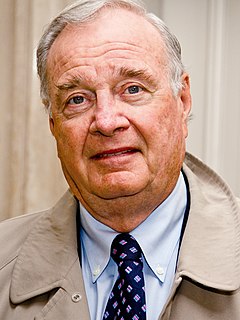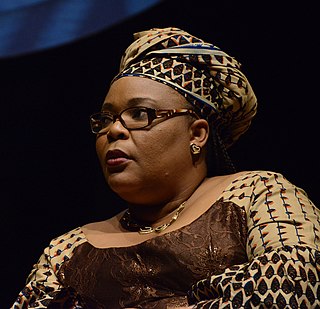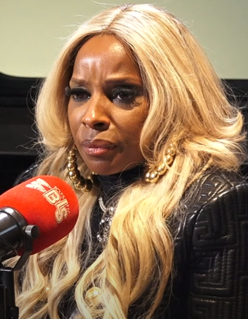A Quote by Tyler Henry
I've learned never to generalise and that regardless of our differences, we all share the same fundamental human experiences.
Related Quotes
It is my fundamental belief that all human beings share the same basic aspirations: that we all want hapiness and that we all share suffering. Asians, just like Americans, Europeans, and the rest of the world, share a desire to live life to its fullest, to better ourselves and the lives of our loved ones.
Let us not be blind to our differences-but let us also direct attention to our common interests and to the means by which those differences can be resolved. And if we cannot end our differences, at least we can help make the world safe for diversity. For, in the final analysis, our most common link is that we all inhabit this small planet. We all breathe the same air. We all cherish our children's future. And we are all mortal.
Everyone wants to be happy; happiness is a right. And while on a secondary level differences exist of nationality, faith, family background, social status and so on, more important is that on a human level we are the same. None of us wants to face problems, and yet we create them by stressing our differences. If we see each other just as fellow human beings, there'll be no basis for fighting or conflict between us.
For the church is not a human society of people united by their natural affinities but the Body of Christ, in which all members, however different, (and He rejoices in their differences and by no means wishes to iron them out) must share the common life, complementing and helping one another precisely by their differences.
Everybody who has dealt with China over an extended period of time has come to more or less the same conclusions. There are nuances of differences, but not fundamental differences. I think that President Bush was heading in this direction, and I have no doubt that he will again wind up in this position. But right now he has to be preoccupied with the atrocity committed in New York and Washington.

































